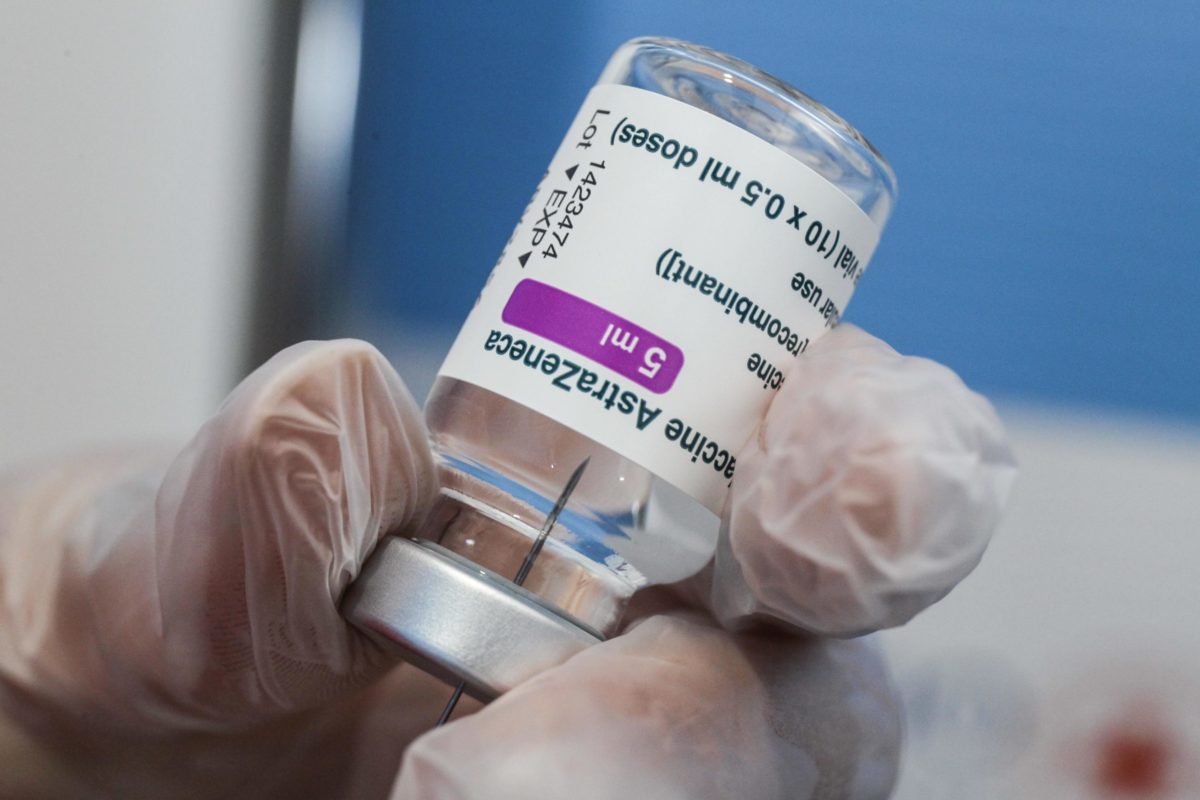
UK, MHRA: 32 deaths from blood clots after Astrazeneca vaccine (out of 21.2 million vaccinated)
Vaccine AstraZeneca, the UK medicines regulator, has released data on deaths from thrombosis or blood clots in the UK, giving a very revealing numerical picture
32 deaths from blood clots after the vaccine was discovered at Oxford University, and 168 people suffered from rare blood clots
The figures for clots or “thromboembolic events” run up to April 14, by when 21.2 million people had received first doses of the vaccine, according to the Medicines and Healthcare products Regulatory Agency (MHRA).
It represents a rise of 10 deaths compared to the period up to April 5, and an additional 68 cases.
“On the basis of this ongoing review, the advice remains that the benefits of the vaccine outweigh the risks in the majority of people,” the MHRA said.
Acting on the regulator’s advice, the UK government this month agreed to offer most people under 30 an alternative to the AstraZeneca coronavirus jab if possible, due to concerns over blood clots.
Of the 168 cases in the latest summary, cerebral venous sinus thrombosis (CVST or blood clots in the brain) was reported in 77 cases, with an average age of 47
A further 91 cases had other “major thromboembolic events” along with thrombocytopenia — low platelet counts — with an average age of 55.
Overall, 93 women and 75 men suffered clots after receiving the vaccine.
Britain has Europe’s highest death toll from the Covid-19 pandemic but since the mass vaccination drive began with the AstraZeneca jab in December, rates of infection, hospitalisation and death have plummeted.
The coronavirus was no longer the leading cause of death in March, according to separate data released by the Office for National Statistics.
It said that Covid-19 was the third leading cause of death in England last month, dropping from the top spot for the first time since October.
Read Also:
Vaccination Requirement, European Court Ruling: No Violation Of Individual Rights
COVID-19, Immune-Mediated Inflammatory Diseases And Vaccines: Statale University Position Paper


